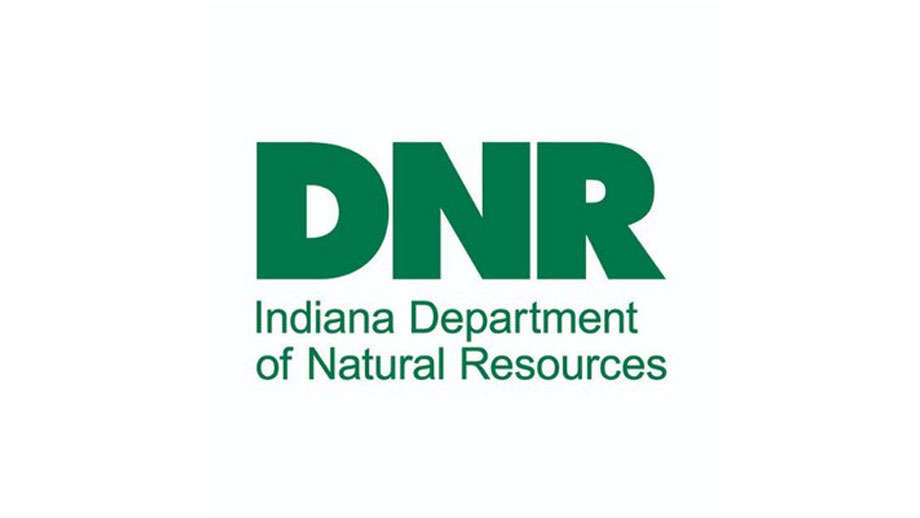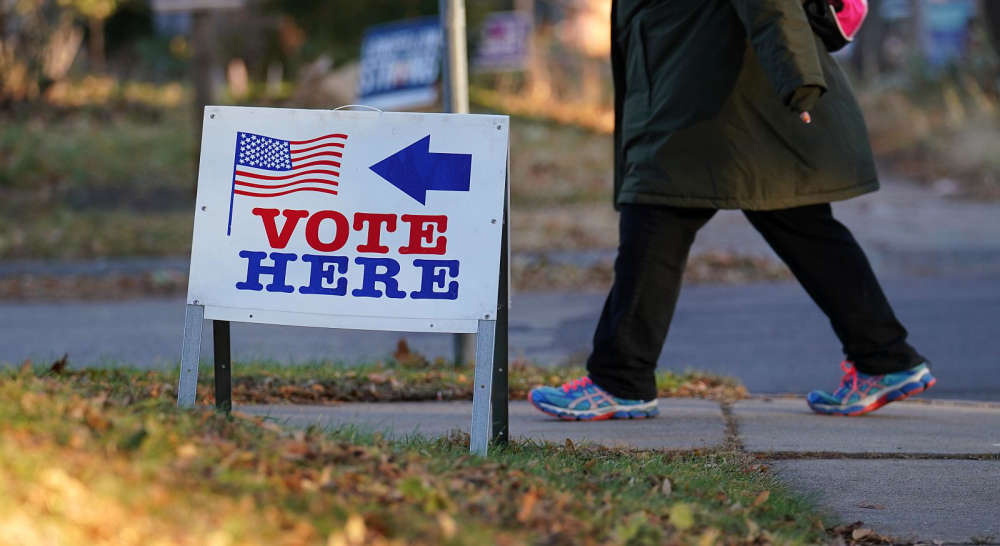
As faculty, staff and students in Putnam County make their way back to the classrooms, area superintendents are welcoming them back for the 2025-26 school year, but also keeping an eye on the future.
The future includes the addition of artificial intelligence in the classroom, and it is something South Putnam Superintendent Dr. Corey Smith has been following for quite some time.
"AI is not going away and we know that. It is integrated in everything we do and AI technology is doubling about every three-and-a-half months. The pace of change is something we have never seen in society and, as an educator, it is our job to prepare our students for the world they are going to exit into. It will be an AI driven world, and there is no doubt about it. If you are not AI ready, you are not work ready," Smith told The Putnam County Post.
Smith has been trying to position South Putnam to be "forward facing" when it comes to AI in education and notes it is a "big passion" of his. Smith has traveled to the University of Washington in Seattle to learn more about how it is integrating AI in education and to see what tips he could bring back to his district.
"I have studied what they are doing and how they are integrating AI into education there and I have visited several AI forward schools. Some of them have been doing it since 2018 and they are way ahead of the curve. It is not just the tool, but the skillset that students need to operate within an AI world. Teaching things like human connection, collaboration, interaction and communication integrated into AI that can accelerate the learning is the key. We are not teaching in a knowledge base anymore. We need to teach discernment though and question things. How do I get my students ready for a world and jobs that don't exist today? That is my passion," Smith said.
While AI is Smith's passion, other county superintendents are trying to wrap their arms around what the addition of AI could mean in the classroom.
"We need a lot more training. I think that is a new entity that will require a lot more new training on the part of administration, our faculty and staff and our students. I think that it is nothing we need to be intimidated of, but it is something we need to learn about. I think it can enhance what we are doing in the classroom and student learning if used appropriately. We have been on a small scale, but this is not a tool that is going away. It is important, to the best of our ability, to get out in front of it and understand the potential and the pitfalls. I have signed up for three or four training sessions. We are not going to be able to wait this one out, I don't think," Cloverdale superintendent Greg Linton told The Putnam County Post.
Dustin LeMay, superintendent at North Putnam, echoed those sentiments.
"We have to make sure we are ready. Training and an understanding to use it in a positive way are key, as well as learning from our students. We need to make sure our students use it in a productive and ethical way," LeMay said.
One thing all three agree on is the fact that it is time to make sure their students and faculty and staff are thinking AI and preparing for the future.
"How do we educate in a world where all the knowledge is at your fingertips? People get scared and believe AI will replace teachers. I am the opposite of that. I believe the more AI we have, the more human connection we need. From an education standpoint, we have seen this and research supports that education is huge in teaching the human side and collaboration pieces. AI cannot teach you social and emotional intelligence and how you interact with people. That is the important part, along with how we harness AI to make learning to make it more relevant and deeper than what we can do now," Smith said.
Linton notes there is no other option that to prepare students, especially if educators are preparing them for a world that is awaiting them.
"In the coming generations, AI is a process and a tool that will be a part of everything we do. We cannot wait this one out, and we have to take the positive approach and look at the positives AI can bring into the classroom. We have to be aware of the pitfalls, but I feel like there are a lot of great opportunities that can enhance what we are doing in the classroom," Linton said.
However, Linton also says it is important to make sure fundamental learning continues in his classrooms.
"The one thing I don't want AI to do is replace fundamental learning. That is one of the most concerning things. It can eliminate the need for thinking. We will still have to know how to add, subtract and those things," he said.
LeMay agrees.
"We have to make sure we are ready. Training and an understanding to use it in a positive way are key, as well as learning from our students. We need to make sure our students use it in a productive and ethical way. It is crucial that our students be prepared for AI. I am thinking about jobs in the future and also letting kids be kids. We can't forget they are in high school, but as we think about the future, those soft skills become more important, especially when you look at AI in the classroom," LeMay said.


 Lucas Oil named title partner of 500 Festival Parade
Lucas Oil named title partner of 500 Festival Parade
 Applications open for new United Way of Central Indiana initiative to build community solutions
Applications open for new United Way of Central Indiana initiative to build community solutions
 New nature preserve dedicated in Owen County, another expanded in Lake County
New nature preserve dedicated in Owen County, another expanded in Lake County
 Utilities District of Western Indiana REMC announces increases over next three years
Utilities District of Western Indiana REMC announces increases over next three years
 Friday is National Wear Red Day
Friday is National Wear Red Day
 Owen Valley HS receives FEMA grant for repair from 2025 Spring storms
Owen Valley HS receives FEMA grant for repair from 2025 Spring storms
 One week left to file for office in Indiana
One week left to file for office in Indiana
 History of Cloverdale – Talk at Putnam County Museum
History of Cloverdale – Talk at Putnam County Museum

